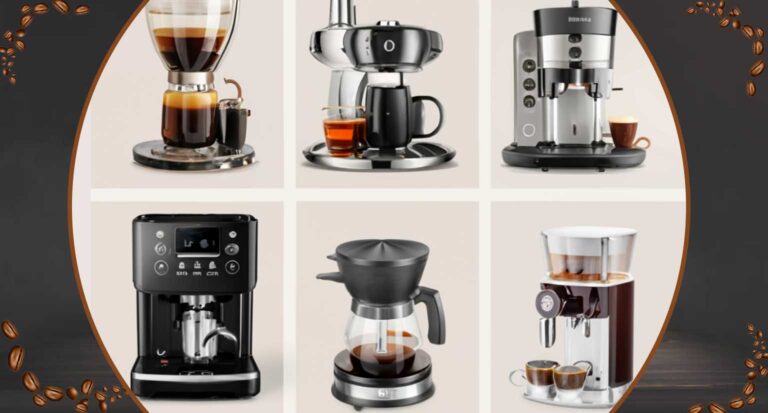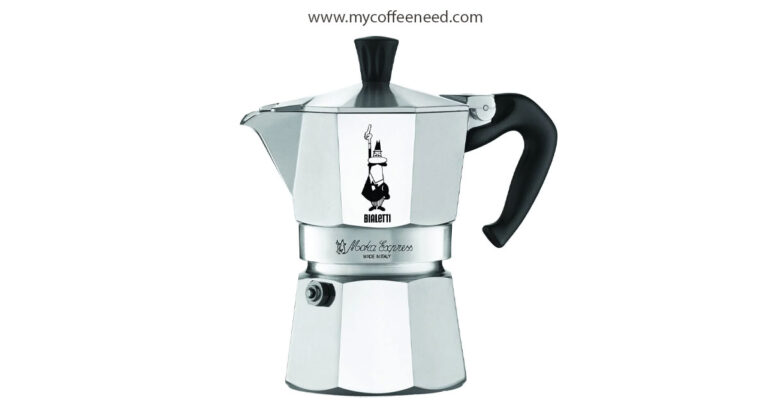How To Stop Coffee from Making You Poop?
Are you finding that your morning cup of joe is having an unexpected side effect? Does drinking coffee make you need to go to the restroom moments later? Don’t worry, it’s a common problem. Here are a few tips for avoiding this issue and still enjoying your coffee every day, how to stop coffee from making you poop,
Avoid Drinking Too Much
One of the easiest ways How to stop coffee from making you poop is to watch your caffeine intake. Many people enjoy multiple cups of coffee in a day, but if this is causing intestinal discomfort, try limiting yourself to one cup. This will help keep your digestive system functioning properly and ensure that you don’t experience any unpleasant side effects from coffee.
- Avoid drinking coffee on an empty stomach
- Only drink one cup of coffee a day
- Don’t drink more than two cups in any 24-hour period
Consider the Roast
Coffee roast and blend can also have an effect on digestion. Darker roasts tend to have more oils, which can be harder for your body to process. Try switching to a lighter roast or blend for easier digestion.
Add Milk and Sweeteners
Adding milk and sweeteners such as sugar, honey, or syrup can help reduce the intensity of coffee’s effects on your digestive system. This is especially true with dark roasts, which are usually much stronger than other varieties.
So if you’re looking for a way to enjoy your morning cup of joe without having to rush off to the restroom, try adding some milk and sweetener to reduce the intensity. This may help you avoid any uncomfortable side effects and still get the taste you love.
Drink with Food
Finally, it’s important to remember that coffee is best enjoyed when paired with food. Drinking coffee on an empty stomach can cause your body to absorb the caffeine more quickly, resulting in a laxative effect. Try having a light breakfast or snack before you have your morning cup of joe to avoid this issue. You can still enjoy your daily cup of coffee without worrying about what it might do to your digestive system.
Drink Coffee in Moderation
It can be tempting to indulge in multiple cups of coffee throughout the day, but doing so can lead to digestive issues like diarrhea and abdominal cramps. To prevent this from happening, try drinking your coffee in moderation – one cup a few times a week is enough for most people to get the full benefits without triggering their digestive system.
Try Different Coffee Roasts
Different coffee roasts have different levels of acidity, and this can affect digestion. If you’re finding that your coffee is causing serious gastrointestinal discomfort, experiment with different roasts to see if there’s one that doesn’t have such an adverse effect on your body. Light and medium roasts tend to be the least acidic.
Change Your Brewing Method
Brewing your coffee with a different method can also help reduce the effects it has on your digestive system. The French press, pour-over, and cold brew methods all have less acidity than drip coffee makers, so try switching to one of those if you’re having trouble digesting your coffee.
By following these tips, you can still enjoy your daily cup of coffee without worrying about what it might do to your digestive system. Just remember to drink in moderation and try different brewing methods to find the perfect balance for your body.
Seek Medical Help if Needed
If these tips don’t help with your coffee-related issues, seek medical advice from a doctor. Coffee-related digestive issues are generally not serious, but it’s always best to be safe and make sure there isn’t an underlying medical condition that might be causing the problem.
Regardless of how to stop coffee from making you poop, these tips can help you enjoy your daily cup without worrying about any unpleasant side effects. So give them a try and see if they make a difference.
Cut Out Caffeine Entirely
If all else fails, the best option may be to cut out caffeine altogether. While many people enjoy coffee for its energizing effects, if it’s causing uncomfortable digestive symptoms then it’s not worth drinking. There are plenty of other ways to get an energy boost without having to worry about the side effects of caffeine.
By following these tips, you can enjoy your morning cup of coffee without any unpleasant consequences. Coffee is a great way to start the day, but it’s important to remember that moderation is key when it comes to avoiding digestive issues. With a little bit of patience and knowledge, you’ll be able to still savor every sip without any worry.
Final Thoughts
Coffee is a great way to get your day started, but it’s important to remember to drink it in moderation and consider the effects on your digestive system. Avoiding drinking too much caffeine, drinking coffee slowly, trying different roasts, and cutting out caffeine entirely are all steps that can be helpful when dealing with uncomfortable gastrointestinal issues. However, if abdominal discomfort persists after taking these steps, be sure to talk with a qualified healthcare professional.
Sipping coffee is an enjoyable ritual that can also provide some health benefits. With a proper understanding of how to avoid digestive issues, you can continue to enjoy your favorite cup every morning without any worries about unpleasant side effects!
Takeaways
- Limit caffeine intake and drink coffee in moderation.
- Try different roasts to find one that doesn’t cause gastrointestinal discomfort.
- Drink coffee slowly and take your time to enjoy it.
- Cut out caffeine entirely if necessary.
- If abdominal discomfort persists, seek medical advice from a qualified healthcare professional.
- Enjoy your morning cup of joe without worry!
Whether you’re a coffee aficionado or an occasional drinker, understanding how to avoid digestive issues can help keep your morning cup of joe enjoyable and worry-free. With a bit of knowledge and self-care, you can still savor every sip without having to deal with any unpleasant consequences. So go ahead and enjoy your caffeine fix – just be sure to do it in moderation.
Frequently Asked Questions
Q: What is the best type of coffee for digestion?
A: Light and medium roasts tend to be the least acidic and are generally better for digestion. Try different types to see which one works best for you.
Q: Is it okay to drink multiple cups of coffee a day?
A: While some people can handle multiple cups of coffee a day, it’s best to limit yourself to one or two if you’re finding that your coffee is causing digestive issues. Everyone’s body is different, so it’s important to experiment and find the right balance for you.
Q: Does adding milk and sweeteners help with digestion?
A: Yes, adding milk and sweeteners can help reduce the intensity of coffee’s effects on your digestive system. This is especially true with dark roasts, which are usually much stronger than other varieties.
Q: Does cold brew have less acidity?
A: Yes, cold brew generally has lower levels of acidity than drip coffee makers, so if you’re having trouble digesting your coffee, try switching to a cold brew method.
Q: Is there anything else I can do to prevent digestive issues from coffee?
A: Eating before drinking your coffee can help reduce the amount of caffeine that is absorbed by your body. Additionally, consider limiting yourself to one cup of coffee each day and avoid drinking coffee on an empty stomach. By following these tips, you can still enjoy your daily cup of joe without worrying about what it might do to your digestive system.
Q: Are there any medical conditions that could be causing my digestive issues?
A: If these tips don’t help with your coffee-related issues, seek medical advice from a doctor. Coffee-related digestive issues are generally not serious, but it’s always best to be safe and make sure there isn’t an underlying medical condition that might be causing the problem.
Related Posts:
- Does Cold Brew Go Bad if Not Refrigerated?
- Does Cold Brew Have Milk?
- Can Cold Brew Give You Diarrhea?







